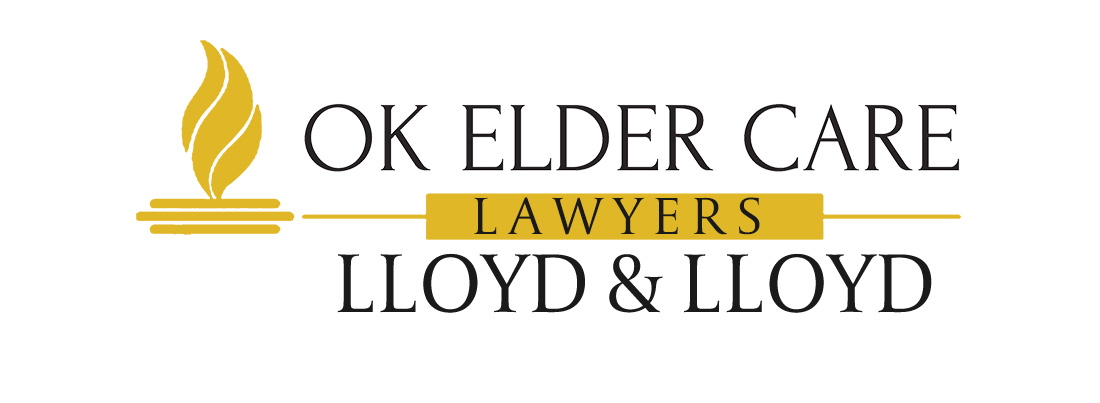The admission process and overall billing at nursing homes is plagued with issues, from manipulating family and friends into taking on financial responsibility for an incoming nursing home resident, to forcing residents to sign arbitration forms, to excessive charges. These issues make the decision for a loved one to enter a nursing home even more stressful. Here is what to be aware of when it comes to nursing home admission and billing.
For starters, review all paperwork, admission and otherwise, before signing it. It might be necessary to have an attorney review the paperwork with you if you do not understand it. If it is not possible to have an attorney review the paperwork, try to research ahead of time and educate yourself as best as you possibly can.
Once you feel you are ready to actually review the paperwork again and sign it, pay attention to the wording, as well as how you sign the document. Cross out and initial any stipulations you don’t want to agree to. Be sure to sign the paperwork as the representative of the resident only (i.e. “Jane Doe by Family Member, her agent” rather than just your name) so as not to take on any personal liability. Avoid signing as a “guarantor” or “responsible party”, which could lead to the nursing home coming after you for payments and other legal issues.
If the resident is past the admissions process, note that refusal to sign any paperwork that would result in you or another family member becoming personally and financially responsible for the resident is not a legally valid reason for the discharge of that resident.
Review documents to be sure that the resident is not agreeing to arbitration in the future, effectively signing away the resident’s rights to a fair case in court should any legal issues come up in the future. Arbitration usually works in the nursing home’s favor, not the resident or their family. Many nursing homes make it mandatory to sign an arbitration agreement, meaning that if the resident refuses to sign the paperwork, they can’t live at that nursing home. You might have to research to see if there are any nursing homes nearby that don’t have mandatory arbitration agreements. If not, consider expanding your search.
Be aware that residents have the right to clearly stated payment information. Residents and potential residents have to be notified in writing when they’re eligible for Medicaid or Medicare. The nursing home must inform them of all services available at their facility, as well as whether or not Medicaid or Medicare covers those services. Residents are not to be solicited for items or services covered by Medicaid or Medicare (outside of deductible and co-insurance payments).
Nursing homes must communicate in advance about transfers, deposits, and refunds. Nursing homes must also inform residents of what percentage of admissions feed, deposits, prepaid charges or minimum stay fee will be refunded if they leave.Nursing homes must tell residents or family members what the cost of an item or service is when they request it. They are not to be charged for items or services not requested.
Review all of the resident’s billing information. Make note of the aforementioned issues and make copies of documents when necessary. Store the documents and there copies away manually or digitally in the safe place. It might be useful for any potential legal proceedings in the future.
If you or a loved one has suffered abuse at the hands of a nursing home, please contact Lloyd & Lloyd.
